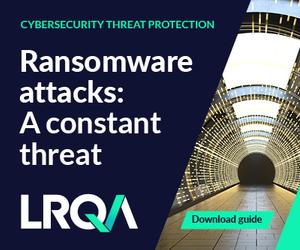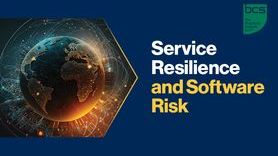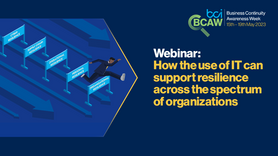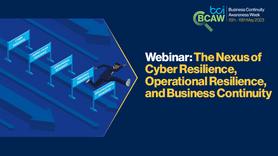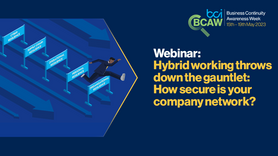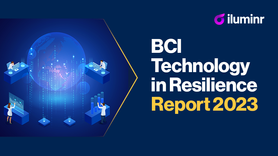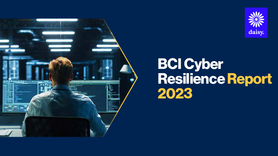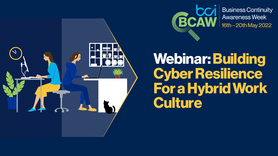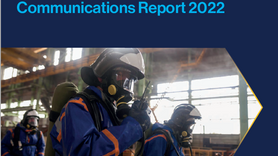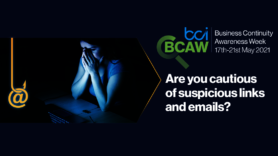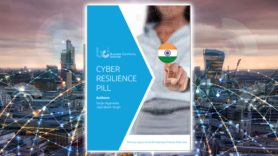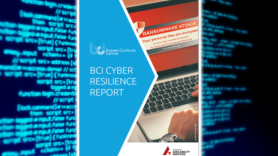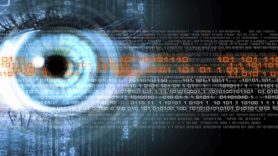The role of hackers in the Ukrainian Conflict
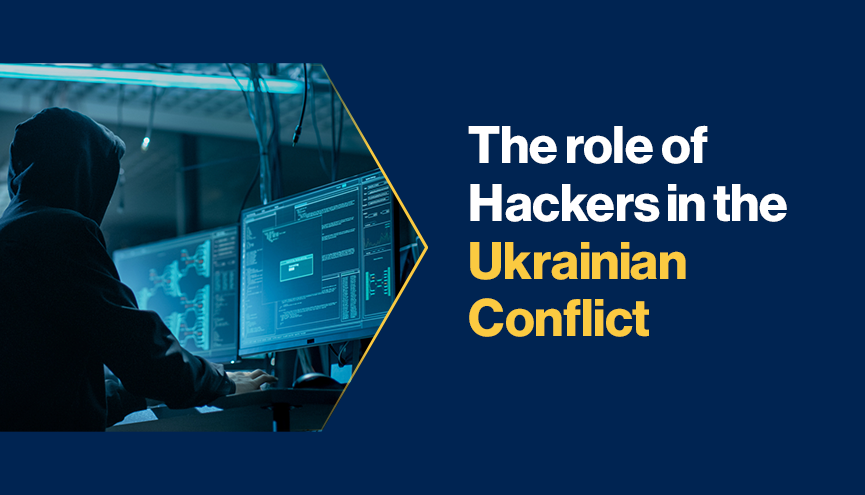
For a long time, we have talked about how frequently cyber-attacks occur and how cyber-security should be a priority for organizations. We have always referred to ‘hackers’ as criminals carrying out illegal activities to damage individuals and organizations. We have seen employees, small organizations, public offices, hospitals and multinational corporations fall victim of cyber-criminals, but now we are witnessing a cyber warfare.
As Ukraine holds off the Russian army from invading the country, there is another war going on in the cyber-space which has played a huge role in the conflict. A few days before the invasion, Russia was accused of launching a DDoS attack against several Ukrainian government websites – all accusations were and are still denied by Putin’s government.
Over the years, Russia has been often been the centre of speculation of being responsible for launching cyber-attacks across the globe, including exploiting social media platforms to spread false information and fake news to feed its propaganda. The problem with speculation is that it is not confirmed information, they are allegations, a series of occurrences that are somewhat coincidental, but they are not confirmed or denied. Moreover, it is frightful to believe that a government would launch a cyber-attack – something considered a criminal activity.
There is also another side that we must not take for granted. Ukraine is responding to Russia’s cyber-attacks, with more cyber-attacks. According to Reuters and the Financial Times, the Ukraine Defence Ministry has indirectly (apparently via private companies) reached out to the “country’s hacker underground” and asked them to fight a cyber war against Russia, with a clear plan in place: “A defensive unit to protect infrastructure such as power plants and water systems. The offensive volunteer unit would help Ukraine’s military conduct digital espionage operations against the invading Russian forces.”
On top of this, Anonymous, the popular international hacker group has publicly declared war on Russia in support of Ukraine. The organization is well-known for its cyber-attacks against governments, government institutions and corporations. So far, the group was able to shut down three Russian media outlets, disrupting gas supply in the country, and breach a Russian Military database. Furthermore, Anonymous has also reached out to the wider global hacker community via Twitter: ‘Hackers all around the world: target Russia in the name of #anonymous let them know we do not forgive, we do not forget. Anonymous owns fascists, always.’
Social media platforms went ‘crazy’ after Anonymous made public its stance against Russia. The group received lots of support from across the globe; people encouraging and pushing for the hacker group to take action again Putin’s government. The online world mobilised in support of a global hacker group…and not a lot of questions were asked over the morality of what was happening.
What is happening in Ukraine is a first taste of what a cyber war looks like. There are no boarders, there is no real accountability, there is no limit to how much damage can be done. The world is moving towards a new type of war where no geographical borders matter and where anyone can ‘attack’ anyone – even governments. It’s a new war that does not involve weapons, but has the same potential to generate the physical threats to individuals and organizations.
There are some ethical and moral questions that are arising from the conflict in Ukraine that need answering. If governments start relying on hackers to fight wars, they are in fact changing their role within society from ‘criminals’ to ‘war heroes’ – the questions is, once the war ends, what role will they play in society?

